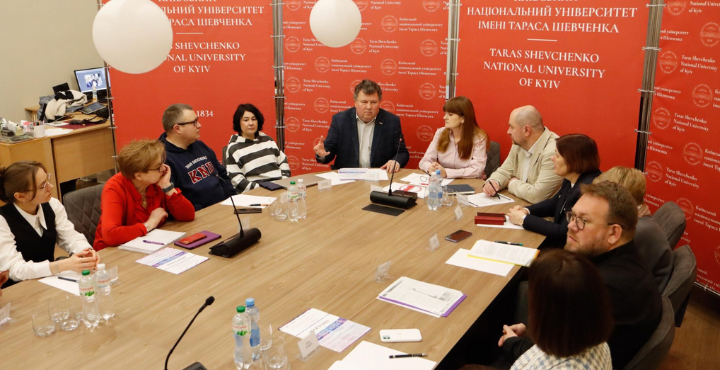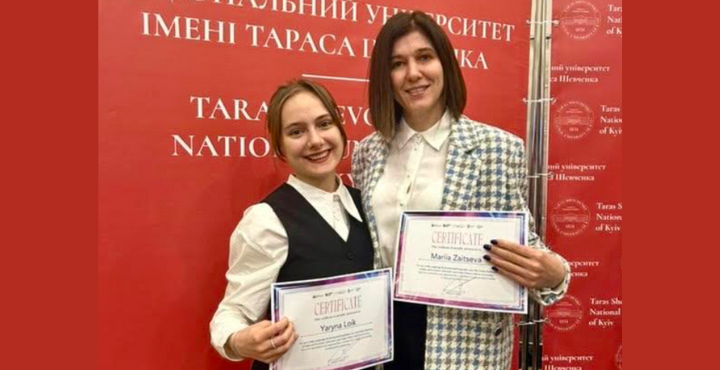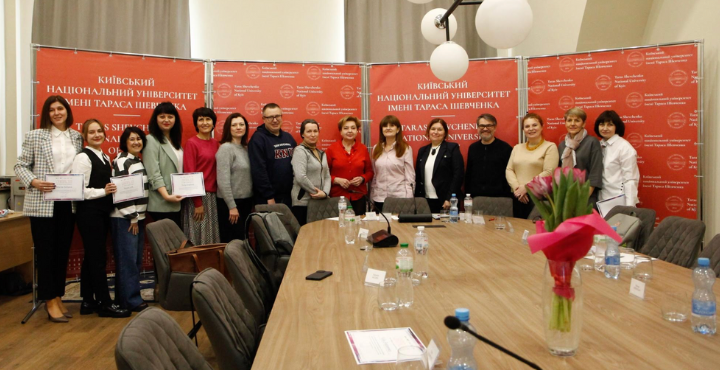Participation of the Institute of International Relations teachers in the Second Annual International Round Table ‘Gender Dimension of Rights and Freedoms’

On March 7, 2025, the lecturers of the International Communications Program of Educational and Scientific Institute of International Relations, Associate Professor of the Department of International Information, Vice-Rector for Public Relations of Taras Shevchenko National University of Kyiv Olena Dobrzhanska and assistant Maria Zaitseva and 1st year master's student Yaryna Loik took part in the Second Annual International Roundtable “Gender Dimension of Rights and Freedoms”. This year key topic was “Global and Local Gender Policy”.
The event was organized by the Taras Shevchenko National University of Kyiv and the Uniwersytet im. Adama Mickiewicza w Poznan.

The Rector of the Kyiv National University Volodymyr Bugrov addressed the participants of the event with a welcoming speech.
“Despite the negative global trends, universities should remain the platform where democratic values are formed and established. If we see a crisis of institutions, we must talk about the sustainability of procedures,” Volodymyr Bugrov.
Vice-Rector Olena Dobrzhanska emphasized that “ensuring gender equality in the educational and scientific spheres is one of the fundamental principles of Shevchenko University.”
The special guest of the discussion, Government Commissioner for Gender Policy Kateryna Levchenko, noted that “gender policy should be considered an important component of national security.”
The roundtable was also attended by Ukrainian and Polish experts on gender issues, professors and researchers from higher education institutions, heads of specialized NGOs, and representatives of the executive branch.

The participants of the event discussed the challenges facing Ukraine, which is defending its independence in the fight against the aggressor, the destruction of the unity of the Western world and the rise of populist sentiments that threaten democratic institutions and the strengthening of anti-gender trends that are difficult to counteract at the local level.
The discussion was held in two rounds: “Modern gender policy and anti-gender trends” and “Gender equality in education”.
At the end of the roundtable, the participants agreed to adopt a document with recommendations for countering global anti-gender trends.